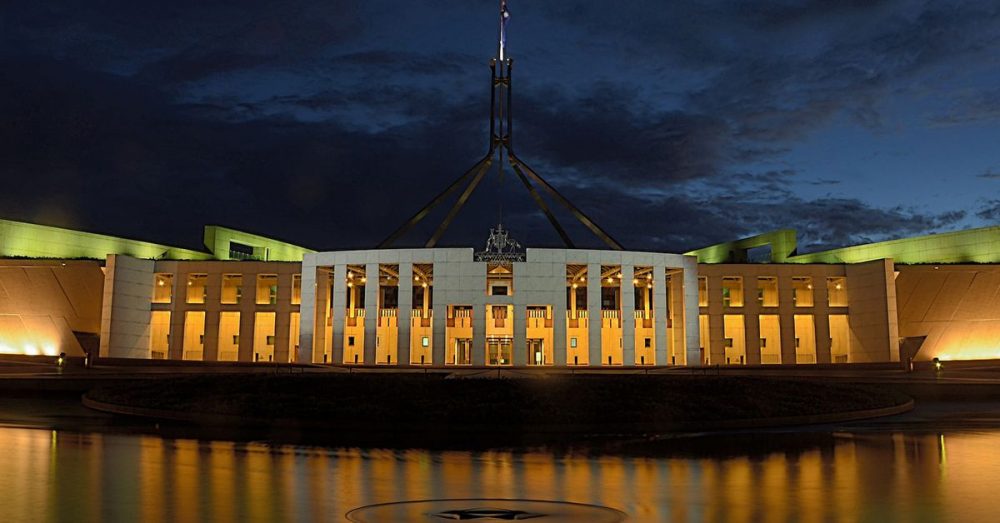Australia’s tax authority has clarified its view that its capital gains tax on crypto products also extends to wrapped tokens or token interaction with decentralized (DeFi) lending protocols, according to an updated guidance.
Last year, the Australian Taxation Office (ATO) warned cryptocurrency investors that capital gains and losses must be reported every time a digital asset, including non-fungible tokens (NFT), is sold. The latest update includes wrapped tokens or many “DeFi “lending” and “borrowing arrangements” or, in general, any time you transfer a crypto asset to an address that you don’t control.
“When you wrap or unwrap a crypto asset, you exchange one crypto asset for another and a CGT (Capital Gains Tax) event happens, the update said. “The capital proceeds for the CGT event equal the market value of the wrapped token at the time of the exchange.”
This includes liquidity pools and providers with a CGT event happening when you deposit or withdraw crypto assets from the liquidity pool, according to the guidance. A CGT event will also occur if a DeFi platform pays you rewards in the form of crypto assets.
The move could have a chilling impact on Australians using DeFi even though it is a non-binding tax office guidance representing that tax office’s interpretation of the law, meaning it is not the same as a court decision or legislation. It has also garnered criticism from the nation’s crypto industry with one lawyer saying this could also apply to transferring tokens to centralized exchanges.
“Being able to wrap tokens is a valuable and necessary cross-chain interoperability tool,” said Michael Bacina, Digital Assets lawyer at Piper Alderman Lawyers. “To have a purely technological function triggering a tax event and tax payable is not something users would expect when using crypto-assets.”
The tax is based on an individual’s marginal rate but the person is eligible for a 50% discount if they hold an asset for 12 months.
Australia’s Board of Taxation is scheduled to give its review on the tax treatment of digital assets, which will include comments on capital gains tax, to the government by Feb. 29, 2024.







